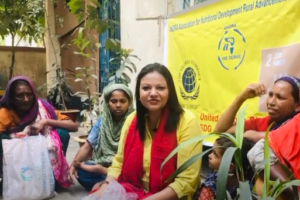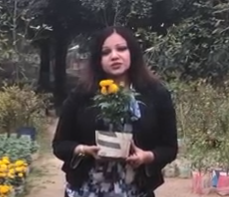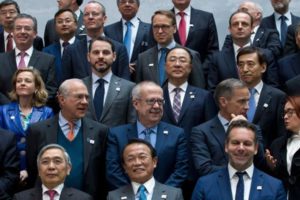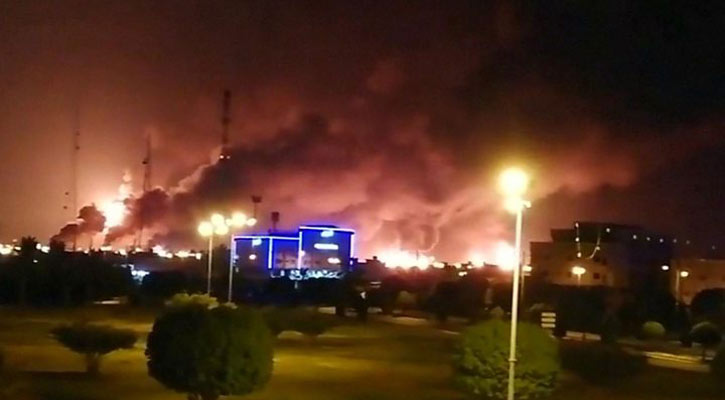Amnesty International accused Hong Kong police on Friday of torture and other abuses in their handling of more than three months of pro-democracy protests, but the police say they have shown restraint on the street in the face of increased violence.
Anti-government protesters, many masked and wearing black, have thrown petrol bombs at police and central government offices, stormed the Legislative Council, blocked roads to the airport, trashed metro stations and lit fires on the streets of the Chinese-ruled city.
Police have responded with tear gas, water cannons, rubber bullets, bean bag rounds and several live rounds fired in the air, warning the crowds beforehand with a series of different coloured banners.
They have also been seen beating protesters on the ground with batons, with footage of one such attack on cowering passengers on an MTR subway train going viral online and prompting widespread anger.
“The evidence leaves little room for doubt – in an apparent thirst for retaliation, Hong Kong’s security forces have engaged in a disturbing pattern of reckless and unlawful tactics against people during the protests,” Nicholas Bequelin, East Asia director at Amnesty International, said in a report following a field investigation. “This has included arbitrary arrests and retaliatory violence against arrested persons in custody, some of which has amounted to torture.”
In one instance, police shone green lasers into the eyes of detainees, Amnesty said, employing a tactic previously used by many protesters against police.
Responding to the Amnesty report, police said they have respected the “privacy, dignity and rights” of those in custody according to regulations, allowing detainees transport to hospitals and communication with lawyers and their families.
“The force to be used by police shall be the minimum force necessary for achieving a lawful purpose,” police said in an emailed statement.
The official police Facebook page earlier noted that almost 240 police had been wounded in the violent protests as they exercised “a high level of restraint … to restore public order.”
The recent round of protests in Hong Kong, a former British colony that was returned to China under a “one country, two systems” arrangement in 1997, was sparked by planned legislation that would have allowed people accused of breaking Chinese laws to be sent to the mainland for trial.
The legislation was withdrawn but the protests have broadened into calls for universal suffrage, including an independent inquiry into perceived police brutality, with demonstrators angry about what they see as creeping interference by Beijing.
China has said it is committed to the “one country, two systems” arrangement that ensures freedoms not enjoyed on the mainland, including right of assembly and an independent judiciary, and denies interfering. It has accused foreign powers, particularly the United States and Britain, of fomenting the unrest and told them to mind their own business.
In a direct challenge to Communist Party rulers in Beijing, some protesters on Sunday threw bricks at police outside the Chinese People’s Liberation Army base and set fire to a red banner proclaiming the 70th anniversary of the founding of the People’s Republic of China.






















